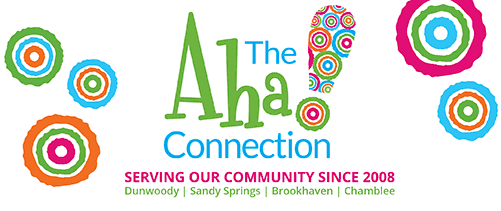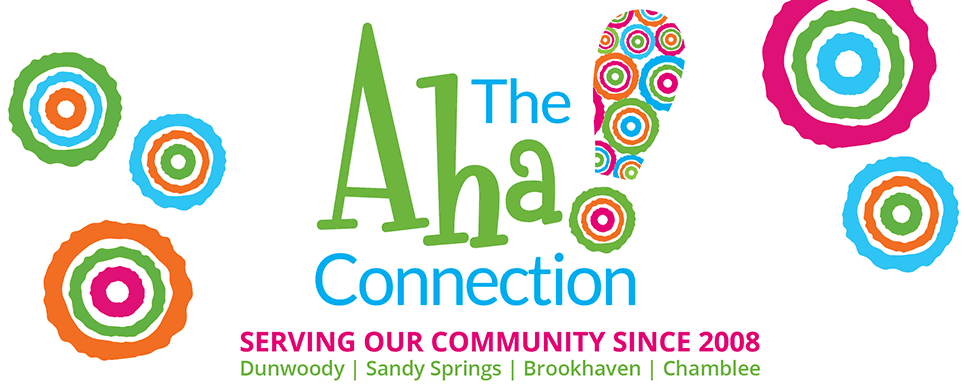 by Ross Mills, MS, NCC of Atlanta Specialized Care for The Aha! Connection
by Ross Mills, MS, NCC of Atlanta Specialized Care for The Aha! Connection
Is it Tech Use or Abuse?
Technology is ever-present in our lives. Everyday items like phones, laptops, tablets, and video games are used daily by individuals of all ages. Advancements in technology have enhanced how we communicate, entertain ourselves, and work, making daily tasks easier and more enjoyable. However, with all the benefits that have come with these advancements, there are serious risks that have developed as well, most importantly, technology addiction. As we become increasingly reliant on technology to enhance our daily lives, the dangers of succumbing to compulsive technology use loom large.
Technology abuse begins as innocent leisure or professional necessity. Still, it can spiral into compulsive behavior, leading to numerous adverse consequences. Overuse has psychological impacts, including a disruption of normal brain functioning, leading to attention deficits, decreased cognitive abilities, and impaired decision-making skills; social impacts due to excessive screen time isolate individuals from real-world connections, leading to strained relationships, reduced empathy, and a diminished sense of community; and physical health impacts, including eyestrain from excessive screen use, headaches, disrupted sleep patterns, and musculoskeletal disorders.

The signs to look out for when determining whether you or your child is abusing technology are spending an excessive amount of time on digital devices, constantly thinking about or craving technology use, even when engaged in other tasks or activities, experiencing withdrawal-like symptoms when unable to access technology, such as irritability, restlessness, anxiety, or mood swings, neglecting important responsibilities such as work, school, household chores, or personal hygiene in favor of using technology, inability to control or limit technology use despite recognizing its negative consequences on various aspects of life, and concealing the extent of technology use from others or lying about the amount of time spent online.
To address the ever-growing problem of technology misuse in our society, individuals must promote digital competence and adopt healthy technology habits. This includes setting boundaries on screen time, taking regular breaks from digital devices, and engaging in offline activities such as exercise, hobbies, and socializing. Use should be monitored by parents and educators, too. They play a vital role in promoting responsible technology use among children and adolescents by establishing clear rules and providing guidance on digital etiquette.
While technology has undoubtedly enriched our lives in many ways, the rise of technology addiction poses significant risks to our mental, social, and physical health. By raising awareness about the dangers of excessive tech use and promoting digital competence and responsible habits, we can minimize the adverse effects of technology addiction and adopt a healthier relationship with technology in the digital age.






